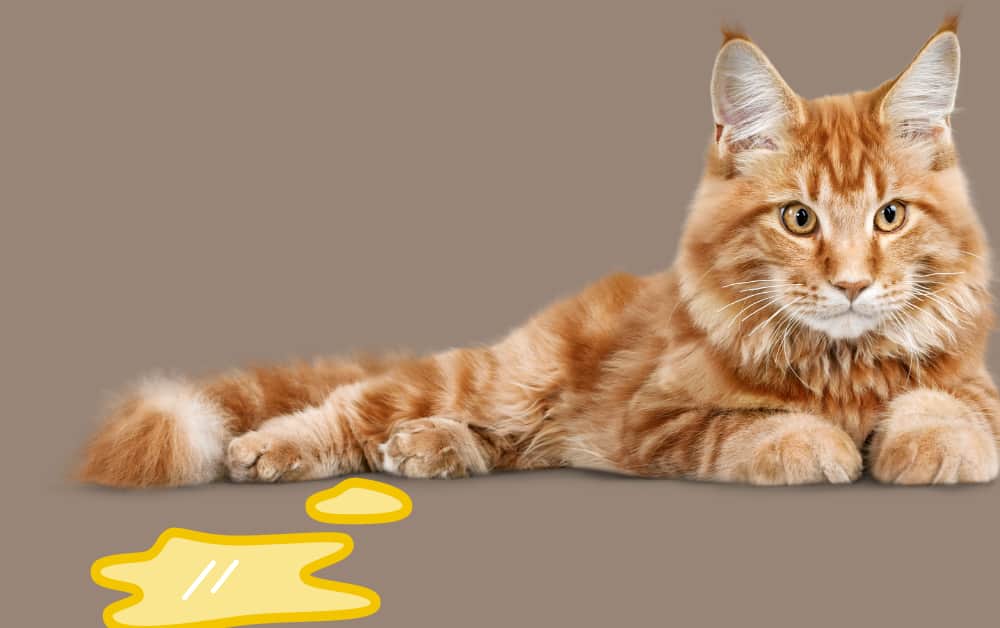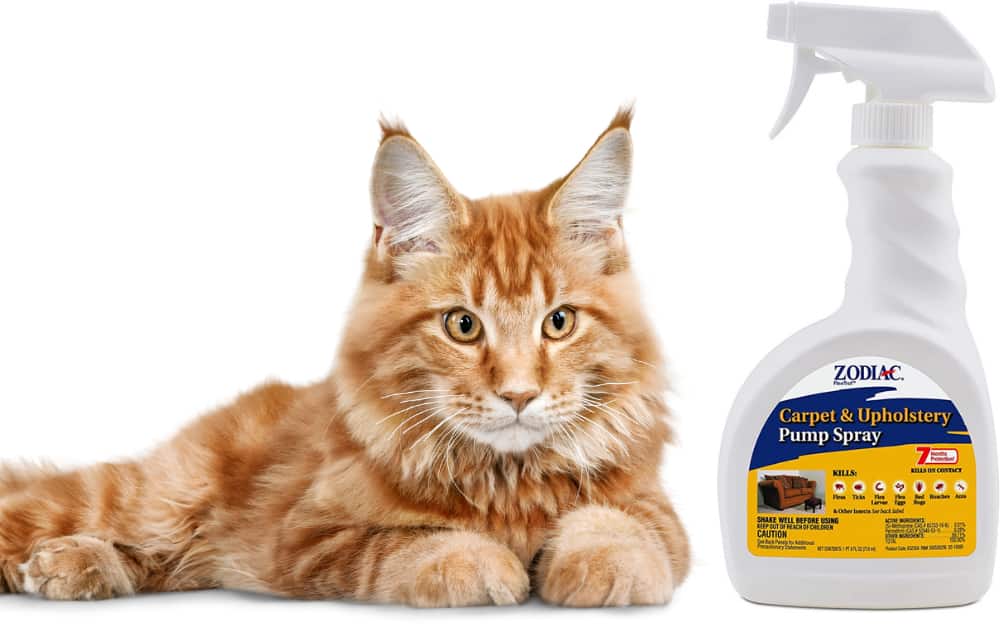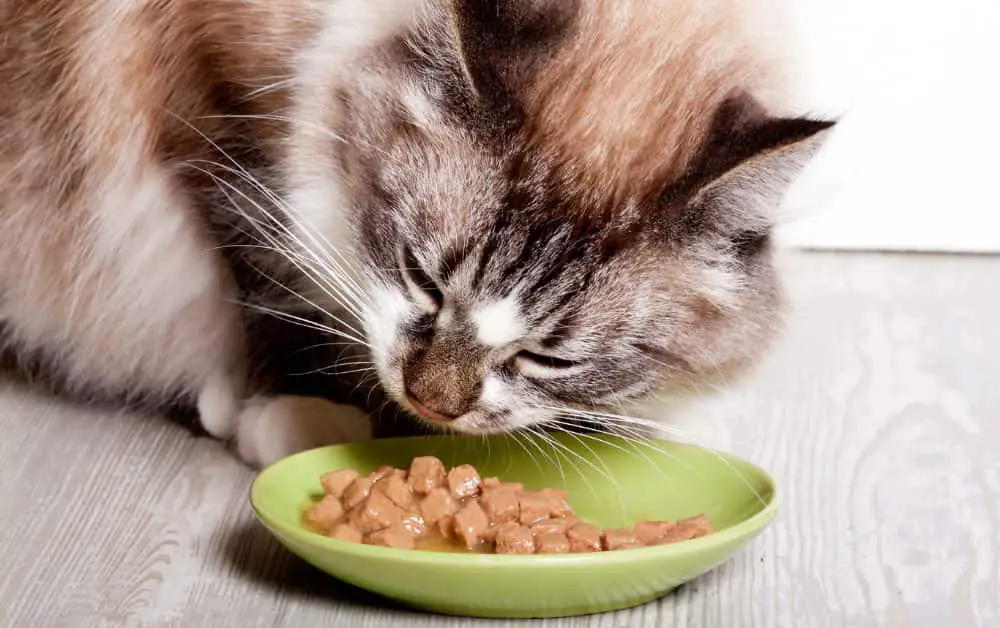As a cat owner, you may have noticed that your furry friend has a curious palate and may try to taste anything within reach, including your hot sauce.
While cats are known for their love of intense flavors, pet owners must learn about the safe and toxic types of human foods for their feline pets.
Short Answer:
Yes, Hot sauce is bad for cats. Hot sauce and other spicy foods can be toxic to cats and lead to minor to severe health issues. Hot sauce contains ingredients that can harm felines and cause digestive problems.
Read this Ultimate Guide and learn about the potential side effects of hot sauce for cats, how to discourage your pet from eating seasoning and what to do if your feline friend licks hot sauce.
Is Hot sauce Bad for Cats?
Hot sauce is bad for cats and doesn’t add any nutritional value. The Sauce ingredients of chili pepper, salt and vinegar can harm your kitty. However, if your cat ate a little bit of hot sauce unintentionally, don’t panic. A minimal amount of seasoning will not harm your pet.
Why is Hot Sauce not safe for cats?
Hot sauce is unsafe for cats because of the compound Capsaicin found in chili peppers. Ingesting capsaicin can irritate a cat’s mouth and stomach, causing discomfort and possible vomiting. Many hot sauces contain excessive salt, garlic and onion powder, which can be toxic to cats in large quantities.
Hot Sauce Side Effects in Cats
What happens when cats eat hot sauce? If a cat does consume hot sauce or spicy food, the following side effects may occur:
- Stomach upset: Consuming hot sauce can irritate a cat’s digestive system, causing vomiting, diarrhea, and loss of appetite in cats.
- Irritation of the mouth and throat: The capsaicin in the hot sauce can cause a burning sensation and irritation in the cat’s mouth and throat of cats.
- Allergic reactions: Some cats may have an allergic reaction to the ingredients in hot sauce, which can cause symptoms such as itching, hives, runny nose and difficulty breathing.
- Dehydration: Consuming hot sauce can cause excessive thirst and urination, leading to cat dehydration.

Why do cats like Hot Sauce?
Felines are foody and easily attracted to certain foods without knowing their toxicity. Cats can be attracted to spicy foods and hot sauce recipes due to their smell, taste or excessive hunger.
Symptoms of Hot Sauce Ingestion in Cats
If your kitty ingests Hot sauce, she may experience the below symptoms:
- Vomiting
- Diarrhea
- Abdominal pain
- Runny Nose
- Watery eyes
- Respiratory distress.
If you observe the above symptoms, seek veterinary care immediately.
What are other ingredients in Hot Sauce risky for my Cat?

Along with capsaicin, several other ingredients in the hot sauce can be harmful to cats if ingested. These include garlic and onion, which can cause damage to a cat’s red blood cells and lead to anemia.
Some sauces contain vinegar, which can irritate a cat’s eyes and respiratory system.
How to discourage cats from eating hot sauce and spicy foods?
Here are a few strategies you can use to discourage your cat from eating hot sauce:
- Keep hot sauce out of reach: Keep hot sauce bottles and containers sealed and stored in a cabinet or on a high shelf where your cat cannot reach them.
- Use deterrents: Some cats can be discouraged from eating certain foods by using deterrents such as bitter apple spray or citrus scents.
- Provide other food options: Make sure your cat has access to various healthy, tasty food options they prefer. A well-fed cat is less likely to be attracted to human food.
- Keep your cat busy: Provide interactive toys and other activities to stimulate your cat mentally and physically.
- Train your cat: You can train your cat to avoid certain areas or objects using positive reinforcement techniques such as clicker training.
It’s important to remember that cats are obligate carnivores, and their diet should be primarily based on meat, so it’s not recommended to feed them spicy food or any human food in general.
It’s a good idea to consult your veterinarian if you are concerned about your cat’s food preferences.
Red More Related Articles:
Can Cats taste spicy food?
Cats do not have a taste for spicy foods like hot sauce and generally will avoid it. Felines have different taste receptors than humans and do not have the same sensitivity to the capsaicin in hot peppers that causes the “heat” sensation in spicy foods.
Cats are obligate carnivores, meaning their diet should be primarily based on meat, and they strongly prefer high protein content.
Therefore, hot sauce, usually made from peppers and vinegar, does not appeal to their taste buds and would not provide any nutritional benefit to them.

Is Chilli poisonous to cats?
Yes, chili and other potato family plants contain Glycoalkanoid Solamine, poisonous to cats. Glycoalkanoid Solamine can cause severe gastrointestinal issues and lower gastrointestinal pain in felines.
Do cats hate the smell of hot sauce?
Cats may have varying reactions to different smells. It is unknown if cats have a particular aversion to the smell of hot sauce. Different cats may react differently to scents. Some may be attracted to the hot sauce smell, while some may hate the smell.





